Country: Indonesia
-
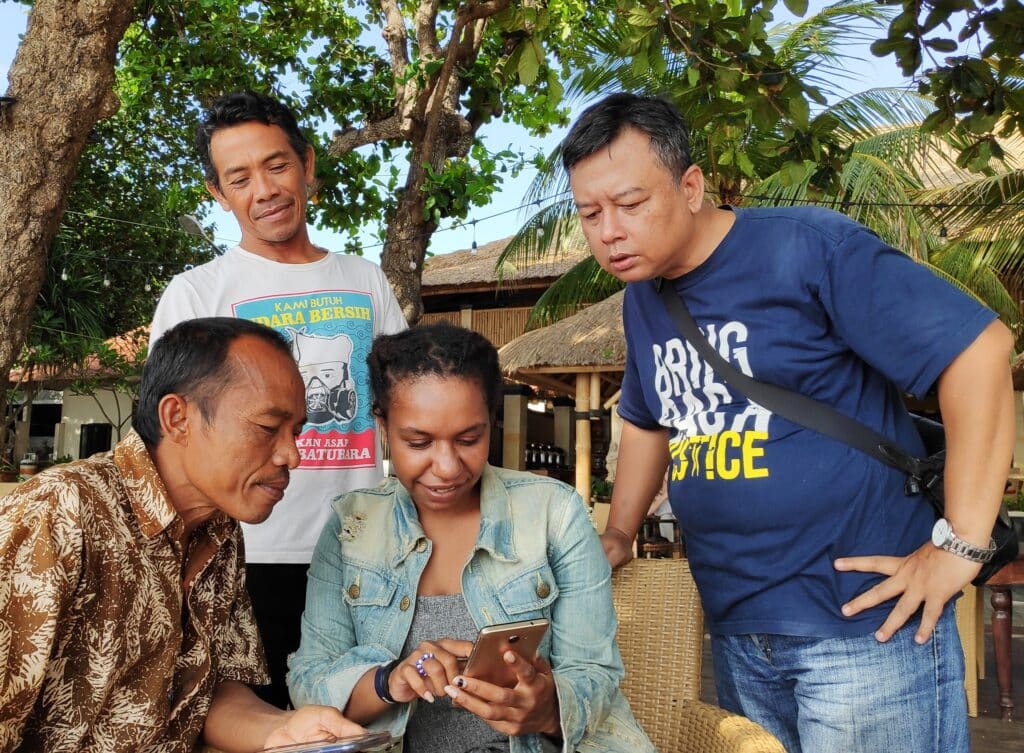
Indonesia: 5 years supporting access to justice
In 2017, ASF launched its activities in Indonesia with two local partners. Together, we worked to increase access to both formal and informal justice mechanisms for marginalized and groups in vulnerable situations through improved community-level, evidence based service delivery. A special focus was put on training and supporting paralegals to help them assist local populations…
-
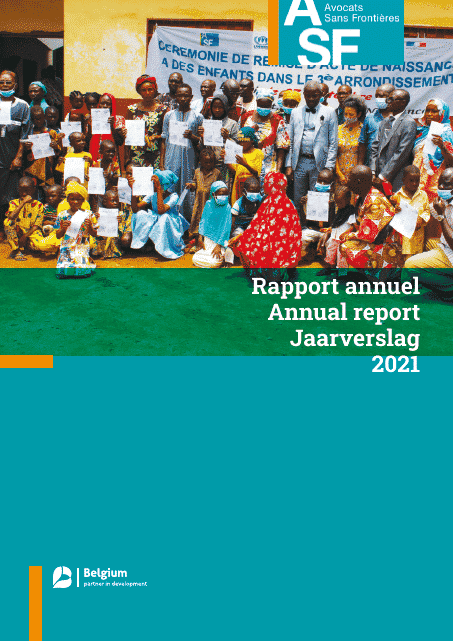
-
Contributing to sustainable development goals by improving access to justice
Partners: Indonesian Legal Resource Center (ILRC) & Lembaga Bantuan Hukum Jakarta (LBH Jakarta) ASF’s project aims to empower community-based legal aid service providers to provide quality, client-centred and holistic services to justice seekers. Geographic areas of involvement: Jakarta, Yogyakarta and Bali. Budget: EUR 861,825. Funding source: Belgian Development Cooperation. Duration: 5 years (2017-2021). Activities: Improving the understanding of the legal needs of the…
-

-
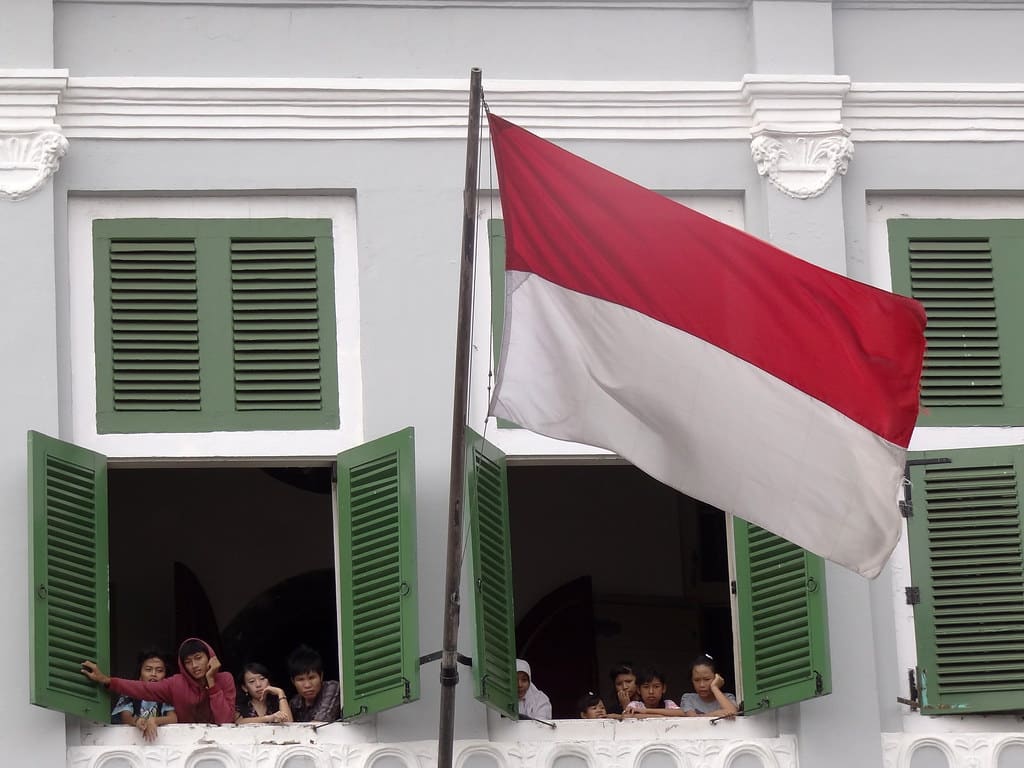
Indonesia: A cacophonic legal response to the Covid-19 pandemic to the expense of human rights
Indonesia has been particularly impacted by Covid-19. According to official data, Indonesia ranks second within South East Asia in terms of positive cases ; fifth in terms of mortality rate. 20,5% of Covid-19 cases were located in the capital city, Jakarta. This blogpost focuses on the legal response adopted in the first phase of the…
-
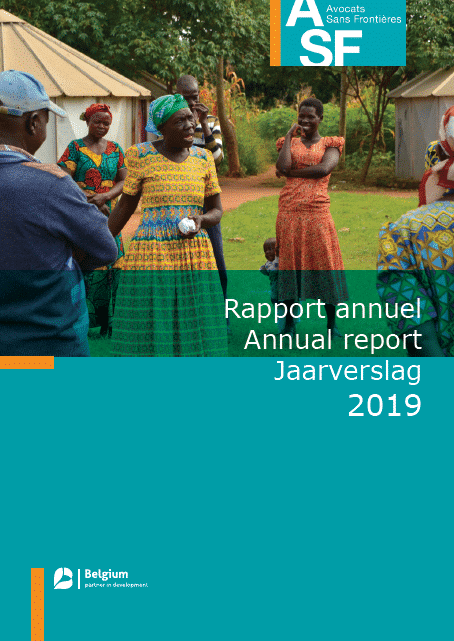
-
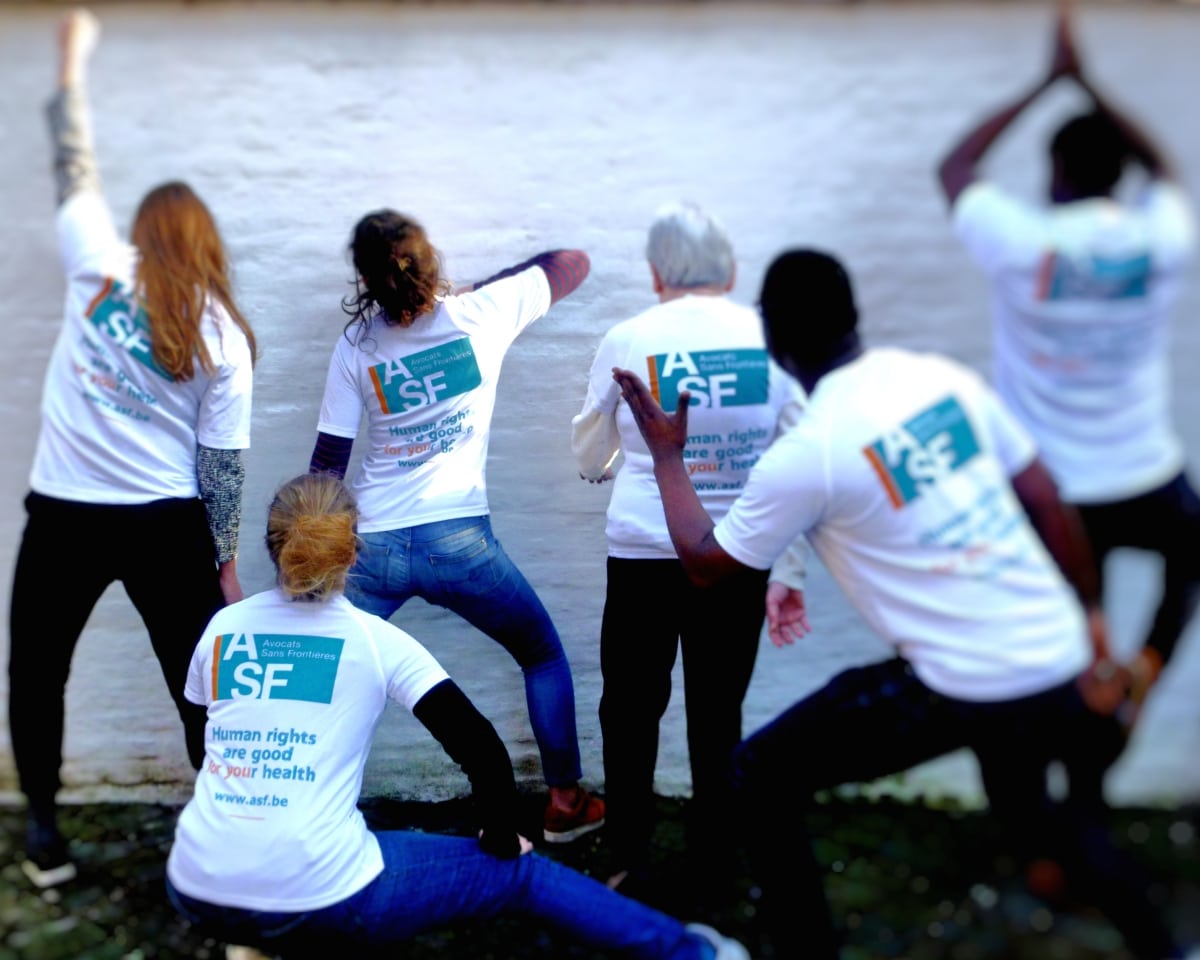
Human rights are good for your health: run the Brussels 20 km with ASF
On 27 May 2018, ASF will be on the starting line of the Brussels 20 km. Want to combine sporting achievement and solidarity with people seeking justice in Indonesia? Join our team! We will spoil you before, during, and after the race.
